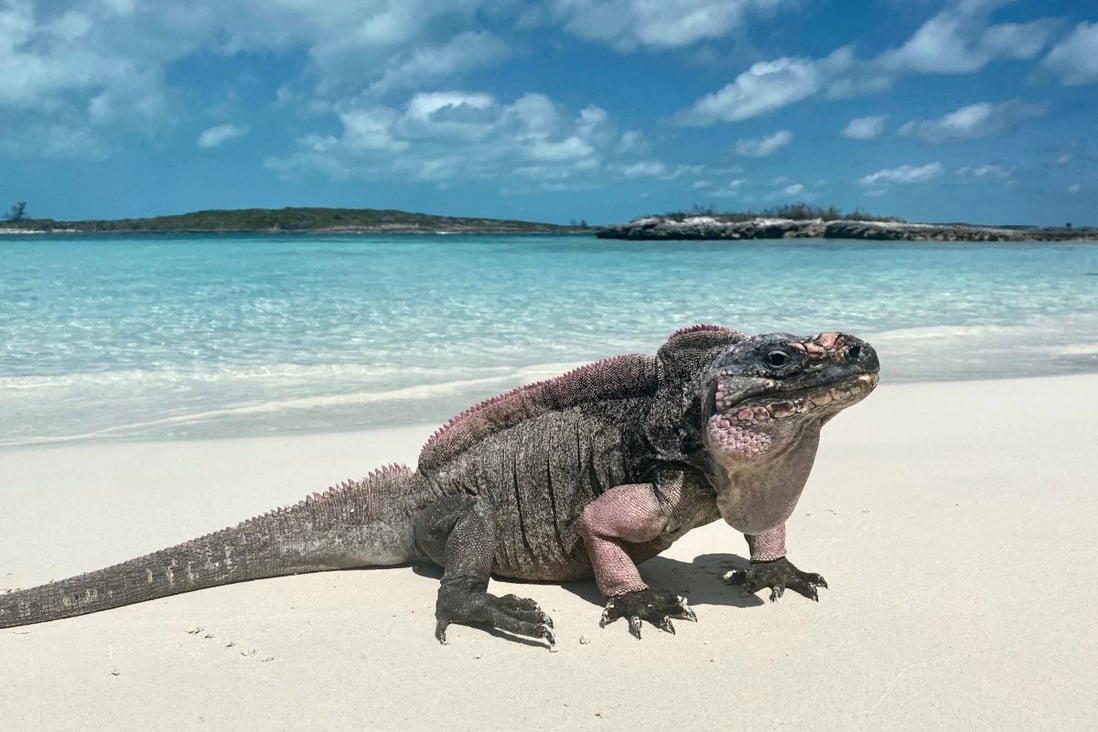
Conservationists have begun to worry that non-native fruit, being fed to the iguanas, is making them less wary of humans and potentially vulnerable to attacks by pet smugglers. .
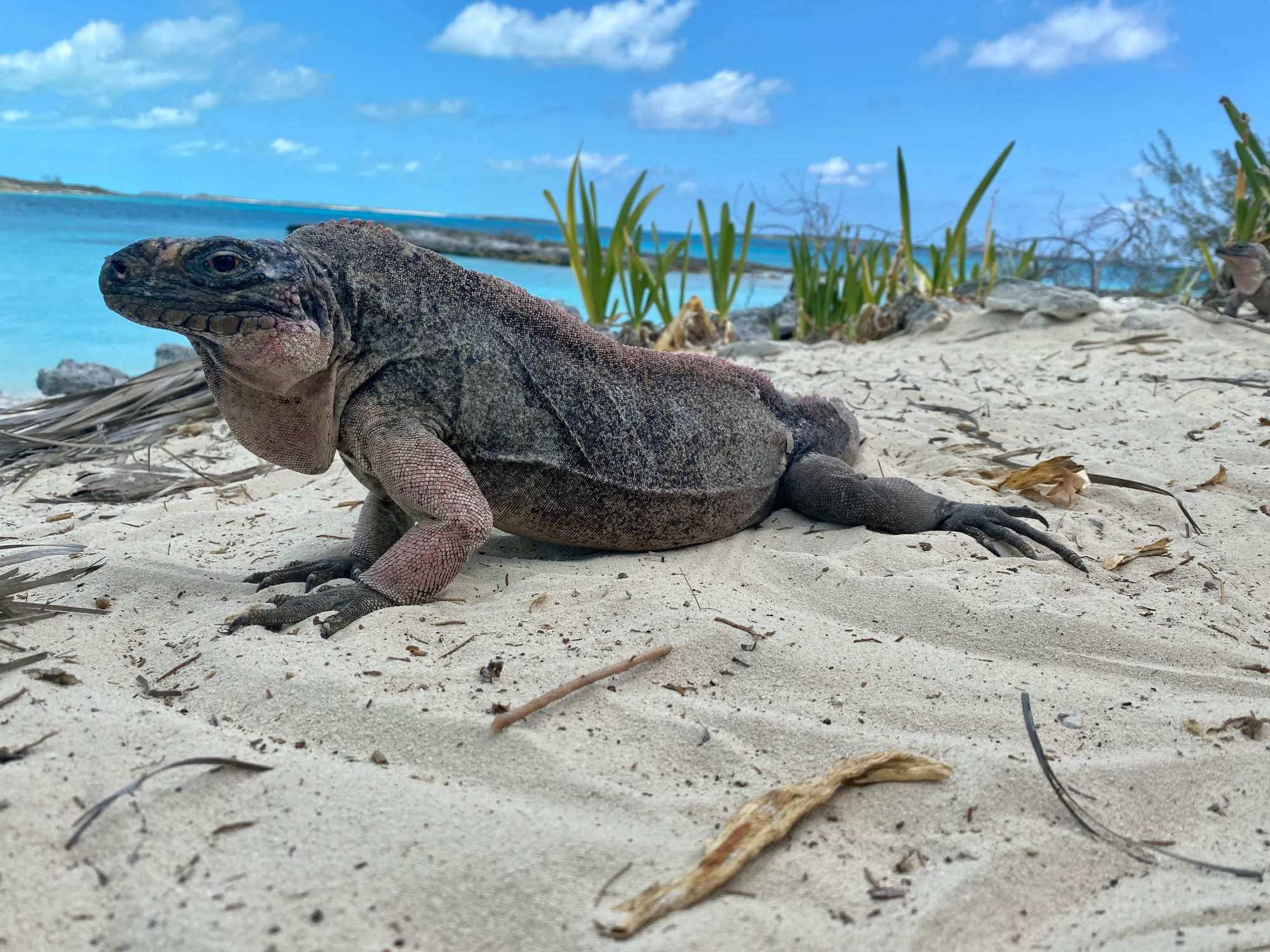
Tourists fed iguanas wild grapes in the Bahamas.
This has unknown effects on the health of vulnerable reptiles.
A Northern Bahamian rock iguana, which nature intended to eat leaves and fruits, has droppings that Utah State University scientist Susannah French likens to “a Cuban cigar — a bunch of rolled up leaves.” ”.
Excretion after eating grapes is what tourists say is a watery mess. That prompted researchers to look at the effects of this high-sugar diet on the iguanas’ bodies.
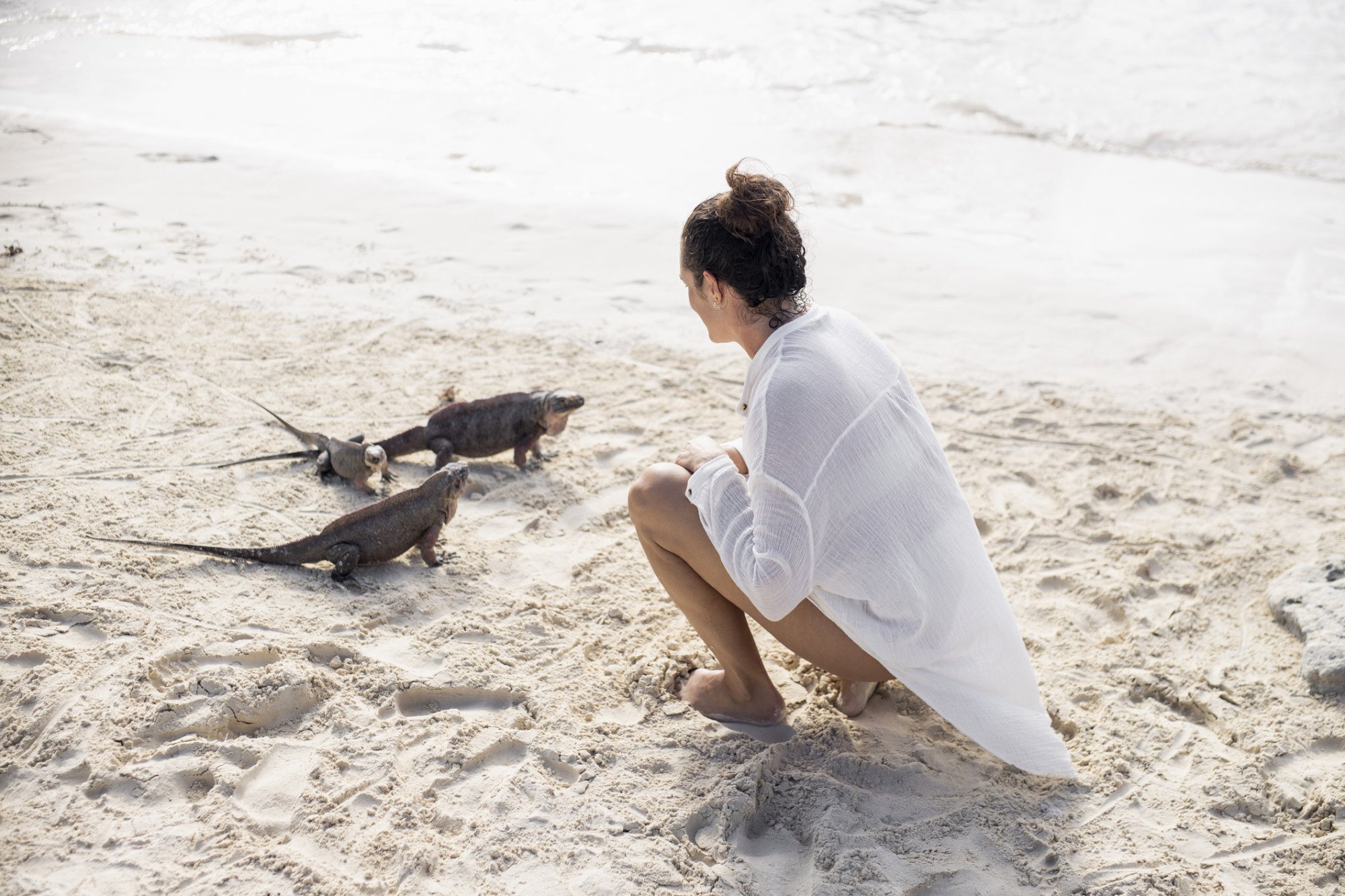
Iguanas that have become so familiar to humans are at risk from animal smugglers.
While researchers concluded that a sugary feeding regimen affects iguanas physically, they still don’t know how it might affect their health.
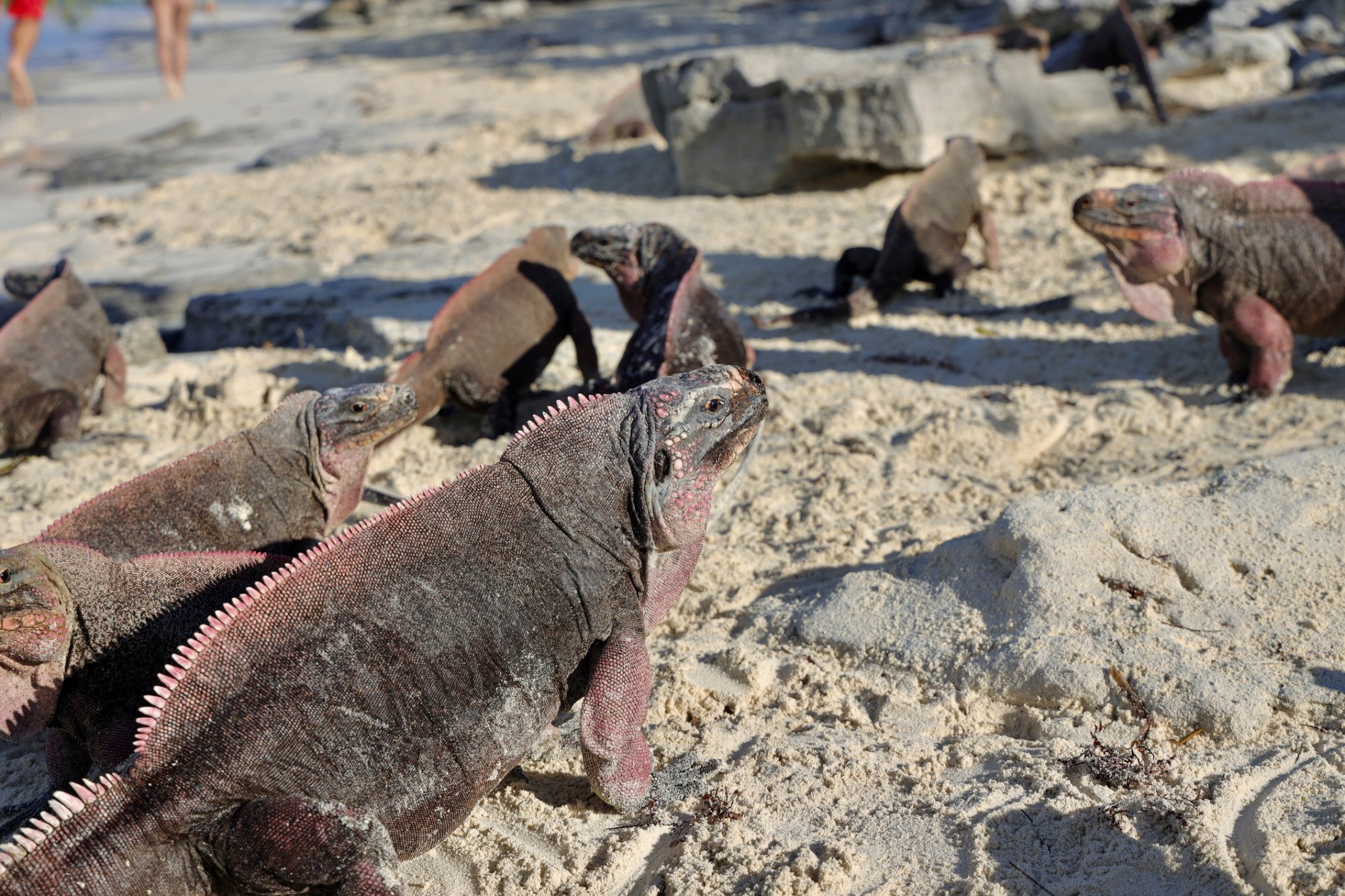
Grape feeding can cause all kinds of damage to tiny iguana populations.
Iguanas are not the only species affected by well-intentioned tourists feeding the animals inappropriate snacks.
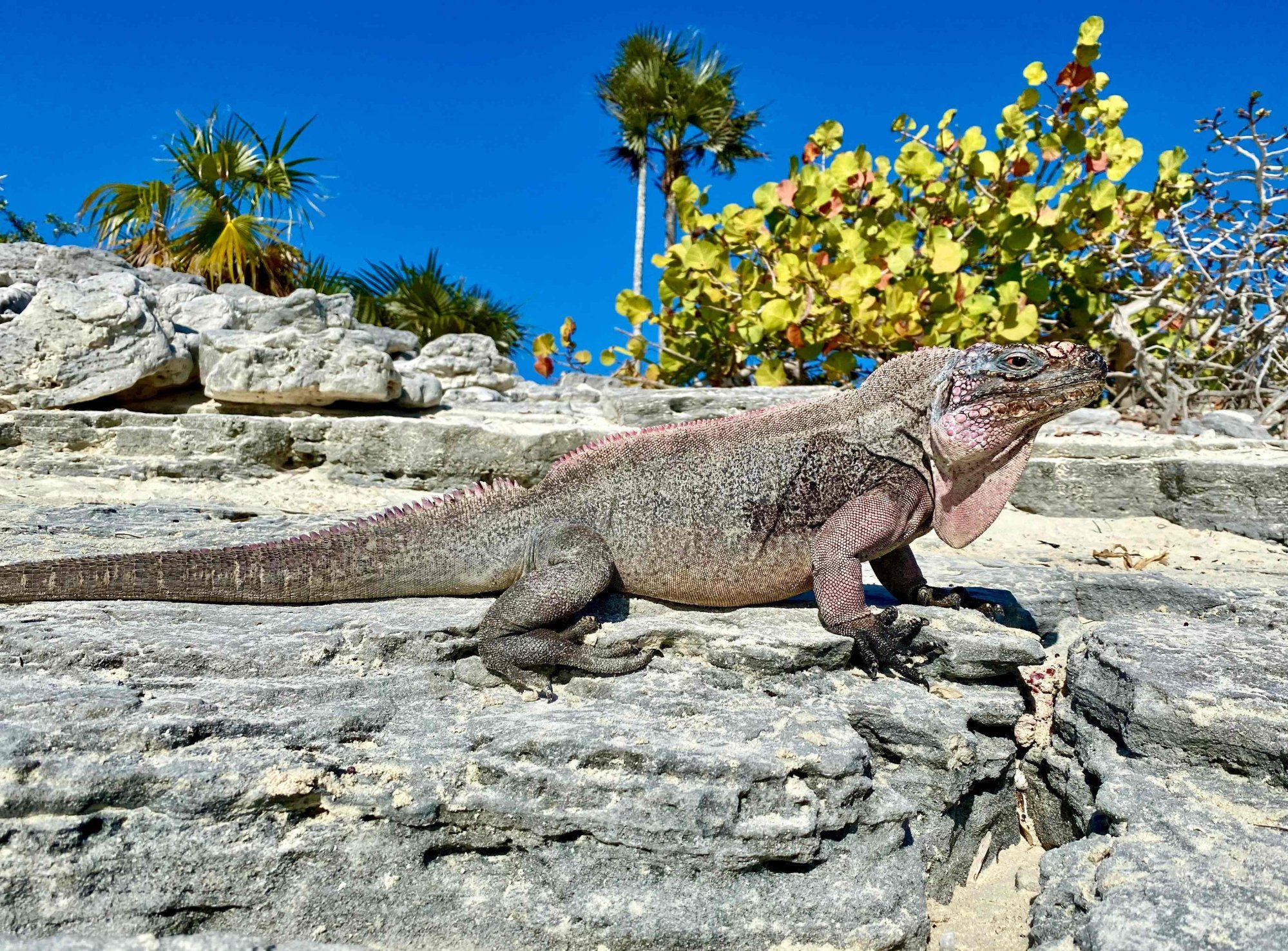
Iguanas from islands visited by tourists had higher blood sugar levels and took longer to stabilize after blood sugar testing.
However, there has recently been an increase in smaller vessel operations, making it more difficult to ensure people act appropriately.





